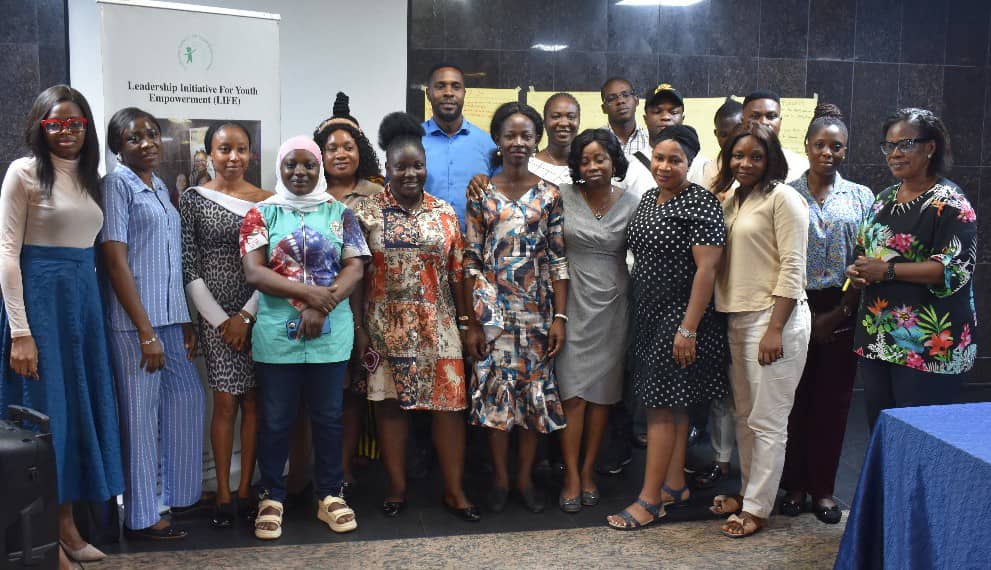Impact of AI in Detecting Accounting Anomalies in Nigeria – Adesokan Ayodeji
3 min read
Impact of AI in Detecting Accounting Anomalies in Nigeria – Adesokan Ayodeji
By Primetime Reports

In the contemporary landscape of financial auditing, the integration of Artificial Intelligence (AI) has emerged as a transformative force, reshaping traditional practices and enhancing efficiency. Nigeria, as one of Africa’s leading economies, stands at the forefront of this technological revolution, leveraging AI-driven financial auditing to detect and mitigate accounting anomalies. This article delves into the profound impact of AI in revolutionizing financial auditing practices and its implications for the Nigerian financial sector.
Adesokan Ayodeji of Lead Consultant
Ambiance Media Limited stated that Accounting anomalies, ranging from errors to fraudulent activities, pose significant challenges to auditors, jeopardizing the integrity and reliability of financial reports. Traditional auditing methods, reliant on manual review and sampling techniques, often fall short in detecting sophisticated anomalies amidst voluminous data.
However, with the advent of AI technologies such as machine learning, natural language processing (NLP), and data analytics, auditors can now harness the power of automation and advanced algorithms to uncover irregularities with unprecedented accuracy and speed.
One of the primary advantages of AI-driven financial auditing lies in its ability to analyze vast datasets in real-time, enabling auditors to identify patterns, trends, and outliers that may indicate potential anomalies. In Nigeria, where the financial landscape is characterized by diverse sectors and dynamic regulatory environments, AI offers a scalable solution to navigate the complexities of auditing across industries. Whether it’s scrutinizing transactions, assessing risk factors, or verifying compliance with accounting standards, AI-driven auditing tools empower auditors to streamline processes and enhance audit quality.
Moreover, AI technologies can adapt and evolve over time, learning from past audits and refining detection mechanisms to stay ahead of emerging threats. By leveraging historical data and employing predictive analytics, AI-driven auditing systems can anticipate potential anomalies, enabling auditors to proactively address issues before they escalate. This proactive approach not only enhances fraud detection capabilities but also strengthens the overall resilience of financial reporting systems in Nigeria.
Furthermore, AI augments auditors’ analytical capabilities by providing advanced data visualization tools and interactive dashboards, facilitating deeper insights into financial performance and risk exposure. Through intuitive interfaces and customizable analytics modules, auditors can explore data from multiple perspectives, identify red flags, and communicate findings more effectively to stakeholders. This transparency and clarity foster trust and confidence in the auditing process, enhancing the credibility of financial statements in Nigeria’s business ecosystem.
However, the integration of AI in financial auditing also presents unique challenges and considerations, particularly concerning data privacy, cybersecurity, and regulatory compliance. As auditors harness the power of AI to analyze sensitive financial information, it becomes imperative to implement robust security protocols and adhere to regulatory frameworks to safeguard against data breaches and unauthorized access. Moreover, ensuring the ethical use of AI algorithms and addressing biases in data inputs are essential to maintain the integrity and impartiality of audit procedures.
Read Also:The UN-CSW 68 Session: Positive impacts of collaboration between Nurses Across The borders, DESOPADEC
In conclusion, the adoption of AI-driven financial auditing marks a paradigm shift in Nigeria’s audit profession, offering unparalleled capabilities to detect accounting anomalies and enhance audit efficiency. By harnessing the power of AI technologies, auditors can navigate the complexities of modern financial ecosystems, mitigate risks, and uphold the integrity of financial reporting standards. As Nigeria continues to embrace digital transformation across industries, the synergies between AI and financial auditing are poised to drive innovation and resilience in the country’s economic landscape.






